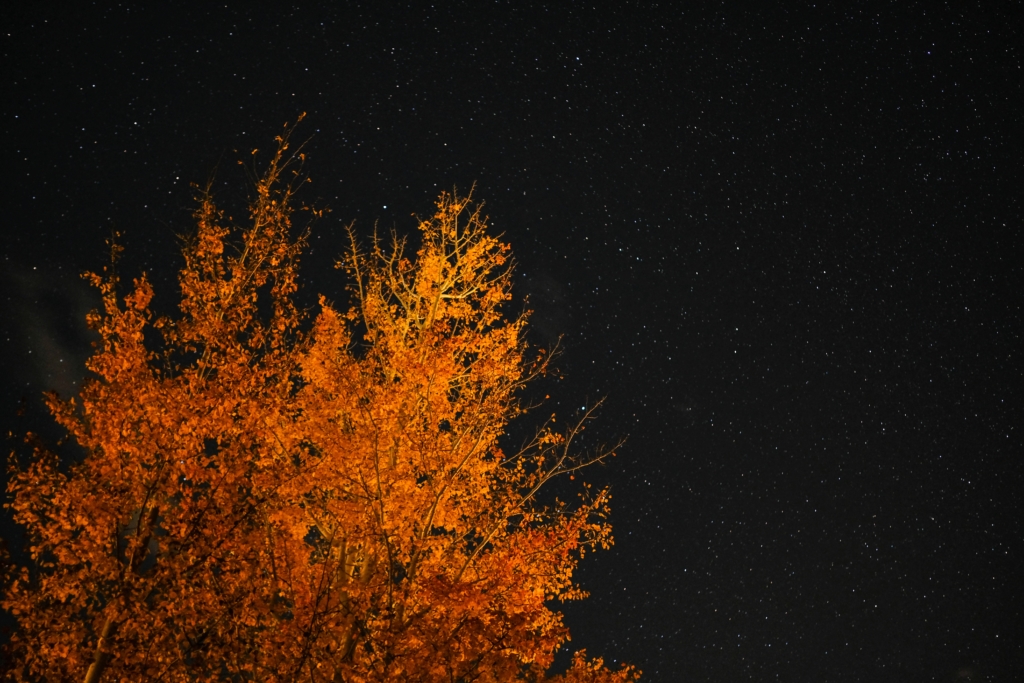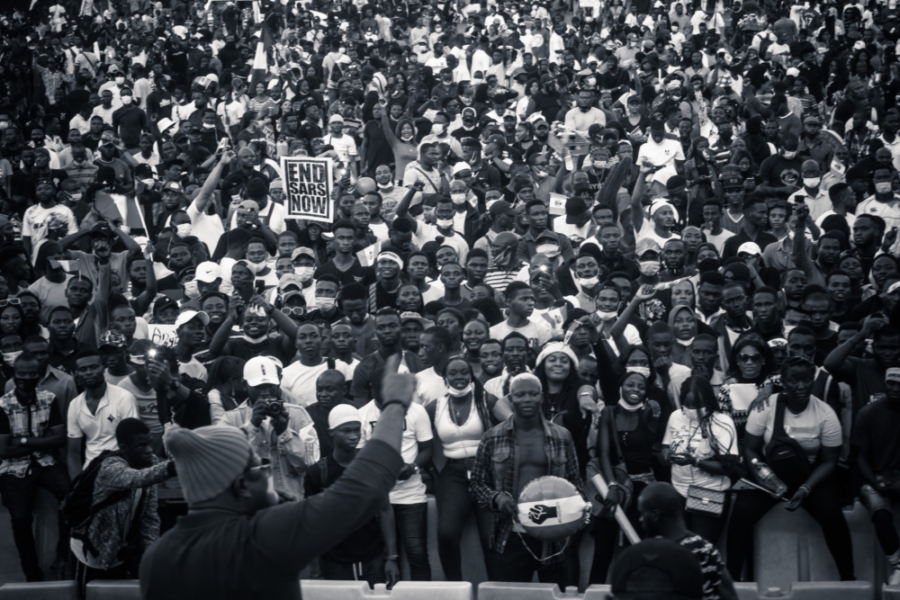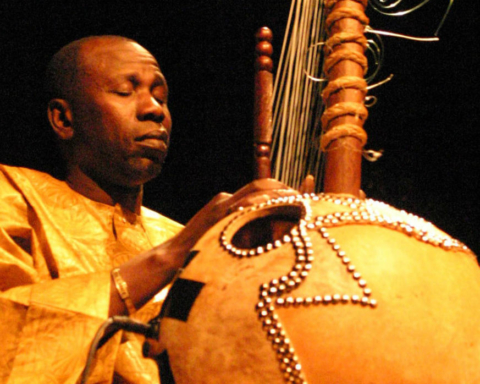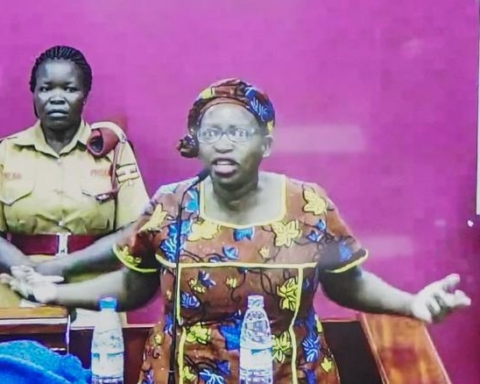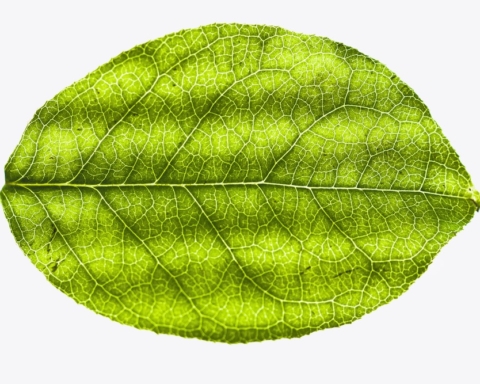The Odi massacre was an act of violence carried out on November 20, 1999, by the Nigerian military on the Ijaw town of Odi in Bayelsa, Nigeria. Over 2000 civilians were slain.
The unborn twins in the womb of the primigravida
did not possess the knack to dodge a bullet. Their
breaths sniffed out as they let go of temperate
placenta and forgot their birthday which never arrived.
The spirits had informed the nonagenarian how she
would diminish peacefully in her sleep nine days
after kissing her great-grandchildren goodbye but
twin bullets lodged in her ventricle and forehead.
The sound of gunshots mixed with the wailings
of helpless unclad children to birth a
potpourri of perdition, pain and penury as
they yowled “Mamma!” “Pappa!”—and died too.
The beautiful young man had gone into his farm
which had transfigured to an oil well; and wondered
what he’d feed his unborn twins with when they will
arrive but his crops had been burned by the liquid
black gold while his flesh charred to cinders.
The agama swallowed the roach after many unsuccessful
attempts at preying—he was happy, nodding his head
up and down at the omen of good luck but a bullet brushed
his red head–while the roach died in his gorge.
The tall mango tree communed with her creator
and asked for the strength to produce chlorophyll
but was cut short before the sun could shine
in all her glory.
Odi razed and set ablaze by camouflage
men who had vowed to reduce the populace
to volcanic dust. They spared nothing,
not even nothing.
Success Akpojotor was born in Benin City, Nigeria, and writes poetry, prose, and theatre. His works have appeared or are forthcoming in Nigerian Observer, Heavy Feather Review, Tuck Magazine, Wax Poetry and Art, Mounting The Moon Anthology, among others. He holds a honors degree in History from the University of Benin.
The art is a Ijaw mask. The image is courtesy of the Peabody Essex Museum.



